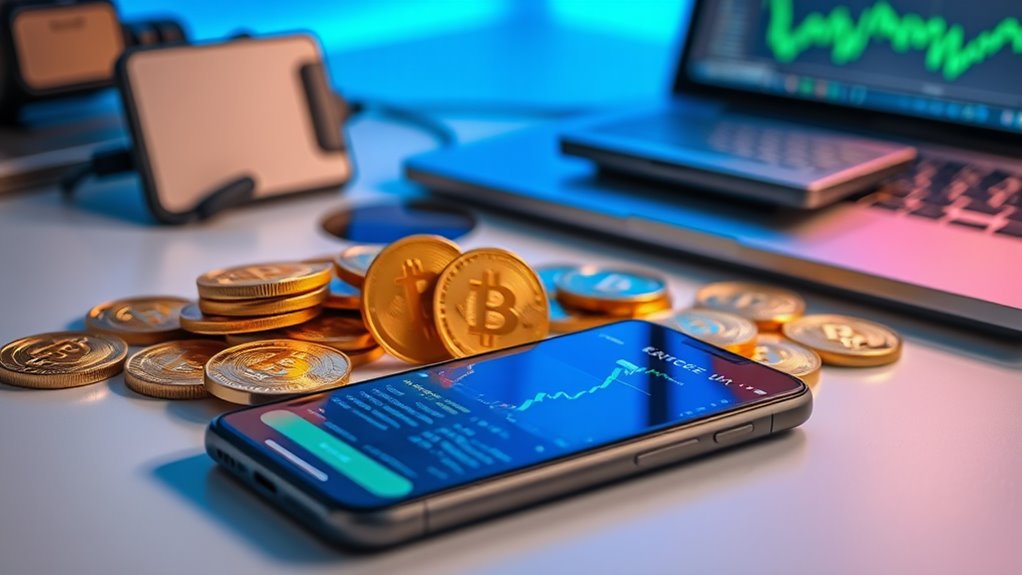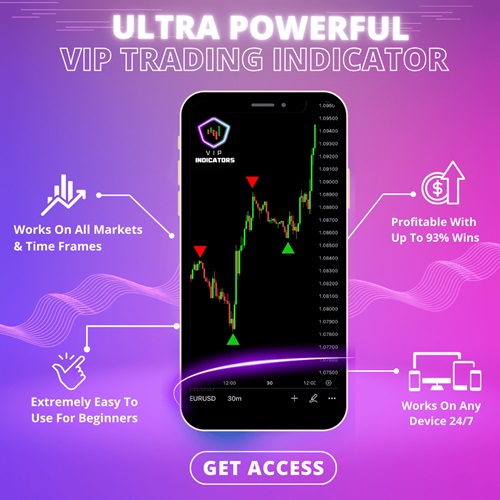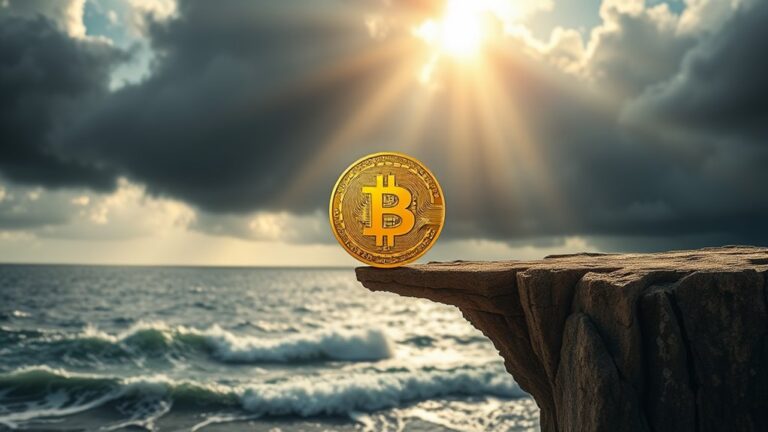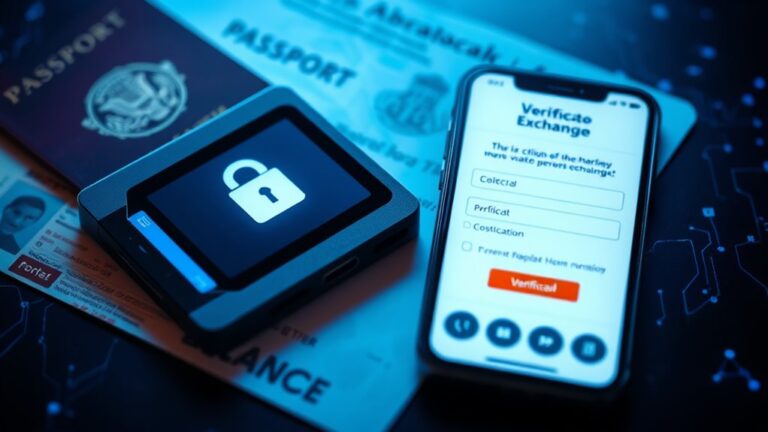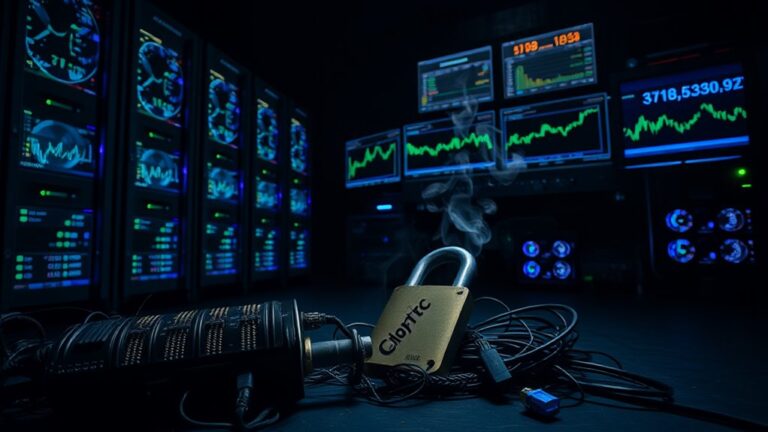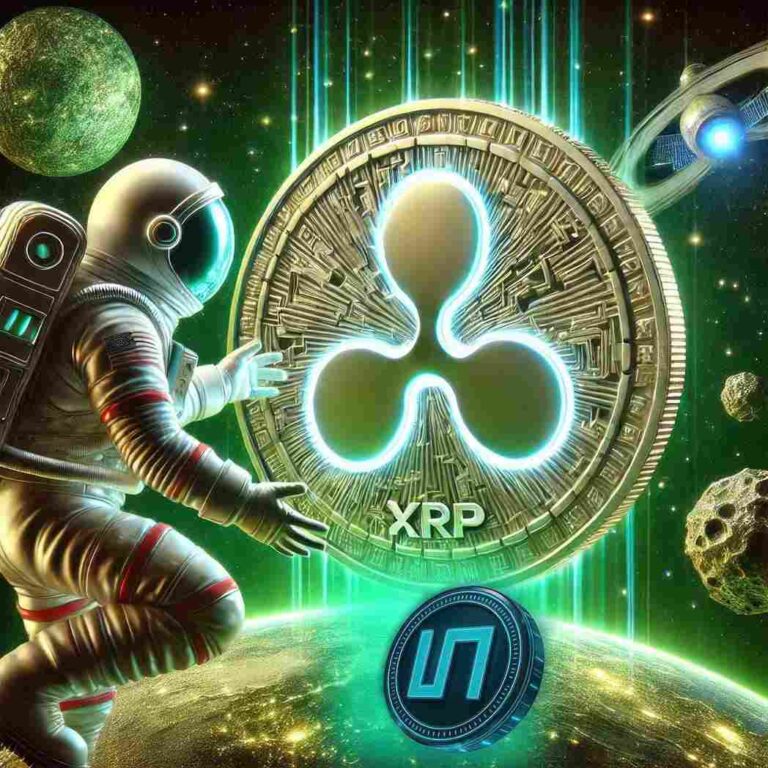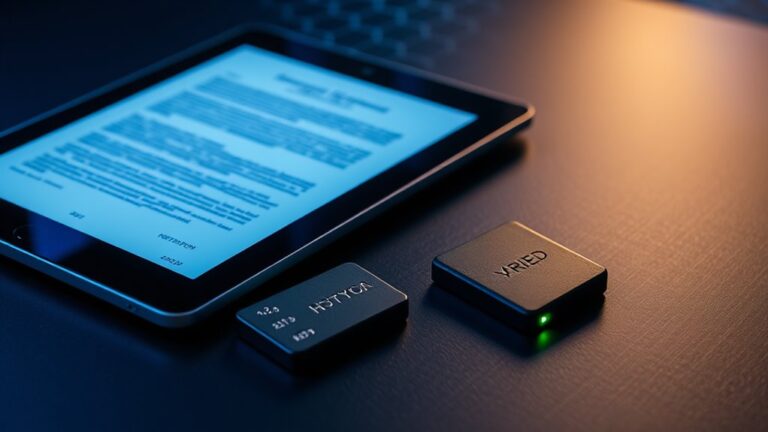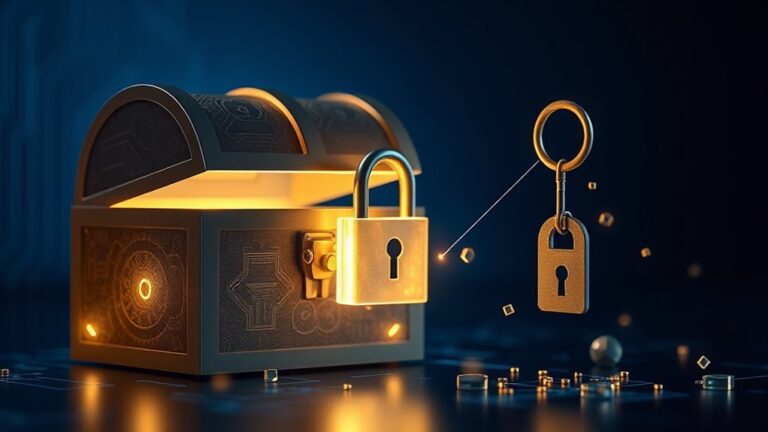How to Buy Cryptocurrency
Note: This post may contain affiliate links, and we may earn a commission (with No additional cost for you) if you purchase via our link. See our disclosure for more info. The gold and crypto world is constantly changing. This is not financial, investment, legal, or professional advice. So, please verify the information on the gold and cryptocurrency provider’s websites.
Buying cryptocurrency isn't rocket science. First, pick an exchange—Kraken for low fees, Coinbase if you're a newbie, or Bitmart for altcoin variety. After that, set up your account with all the KYC nonsense. Security matters, so enable two-factor authentication. Fund your account with a bank transfer or credit card, and bam! You're in business. But don't just buy anything; research Bitcoin and Ethereum for stability. Interested? There's plenty more to know before diving in.
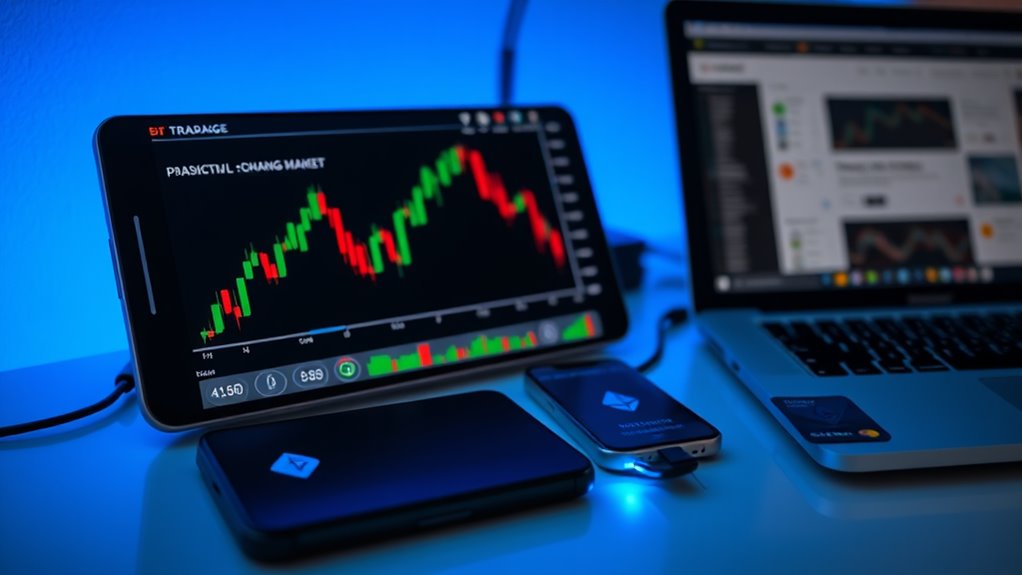
Buying cryptocurrency might seem like an intimidating task—like trying to find a needle in a haystack, but without the soothing presence of a farmer. It's a jungle out there, and the first thing to tackle is choosing a cryptocurrency exchange. Options abound!
Navigating the crypto world can feel like a wild adventure—choose your exchange wisely and prepare for the ride!
Kraken boasts low fees, making it attractive for those with their wallets wide open. Coinbase is your go-to if you're a newbie who needs a hand-holding experience. Meanwhile, Bitmart is waving its flag for altcoin lovers. But don't just rush in—check user reviews and regulatory compliance. Kraken has 31 reviews, while Bit2Me shines with 83. A little research goes a long way. Cryptoradar provides real-time cryptocurrency price comparisons to help you make informed decisions on the best exchanges to use.
Next comes the account setup. Brace yourself for KYC (Know Your Customer) verification. Yes, they want your details. And don't skip enabling two-factor authentication—because, you know, not everyone is trustworthy. Security features like two-factor authentication are essential for protecting your account from unauthorized access.
Link a payment method that suits your style: bank account, credit/debit card, or crypto wallet. Explore what the platform offers—staking, rewards, educational resources like Bitmart Academy. Just don't get lost in the fees and minimum deposits.
Now, onto funding that account. You've got options! Deposit fiat using bank transfers or credit cards, or simply transfer existing cryptocurrencies. But beware, transaction fees can bite. Bitpanda has low fees, while others might not be so forgiving.
And processing times? Real-time settlements are a blessing, so keep an eye on that.
Finally, the fun part: selecting cryptocurrencies. Sure, consider Bitcoin or Ethereum for stability. But don't forget the wild world of altcoins like Solana or Cardano, available on exchanges like Bitmart. Before diving in, it's crucial to set up a secure wallet to safely store your purchased cryptocurrency away from the exchange.
Research is key. Know market trends, use cases, and project fundamentals. And for the love of all things digital, check liquidity and trading volume. No one wants to be stuck with illiquid assets. Happy hunting!
Frequently Asked Questions
What Is the Best Time to Buy Cryptocurrency?
The best time to buy cryptocurrency? It's a bit of a guessing game.
Market dips can be golden. Mondays often bring lower prices, thanks to weekend slogs.
Keep an eye on news—anything could send prices tumbling.
And don't forget about patterns. Four-year cycles can be your friend, but they can also bite.
Just remember: timing is everything, but it's also a wild ride.
Good luck, you brave adventurer!
How Do I Store My Cryptocurrency Securely?
Storing cryptocurrency securely? It's a wild ride.
Hardware wallets? Great for keeping those private keys offline—think Fort Knox.
Software wallets? Convenient, but hackers love them.
Paper wallets? Sure, if you don't mind the risk of a coffee spill ruining your future.
And exchanges? Don't even get started—easy targets for thieves.
Two-factor authentication is a must.
Bottom line: secure your stuff, or you might as well hand it over to the wolves.
What Are the Tax Implications of Buying Cryptocurrency?
Buying cryptocurrency? No taxes right away. It's not a taxable event.
But wait! When you sell or trade, that's when the IRS comes knocking. Your cost basis matters—it's what you paid plus fees. Track it carefully, or you might overpay or underreport.
Transfers between wallets? Not taxable. Just holding? Still no taxes.
But use it to buy something? Hello, capital gains tax! So, keep your records straight, or face the music later.
Can I Buy Cryptocurrency Anonymously?
Buying cryptocurrency anonymously? Oh, it's possible, but don't expect a walk in the park.
Decentralized exchanges and peer-to-peer platforms are your best bets—no KYC, just wallet-to-wallet action.
Bitcoin ATMs? They might let you buy with cash, but watch those fees!
And let's not forget the risks: scams lurk everywhere, and some jurisdictions aren't fans of anonymity.
What Should I Do if I Lose Access to My Wallet?
Losing access to a wallet? That's a nightmare.
First, dig out your seed phrase; it's your golden ticket. Check for backups on your devices, or maybe lurking in the cloud.
If all else fails, try data recovery tools—fingers crossed they work. Old devices might be hiding something too.
And hey, consider social recovery with trusted pals. Just remember, professional recovery services can cost a fortune and there's no guarantee.
Good luck!

